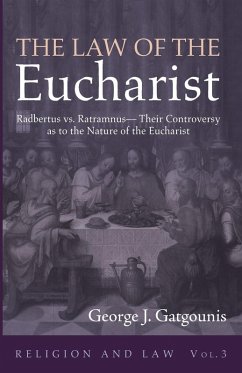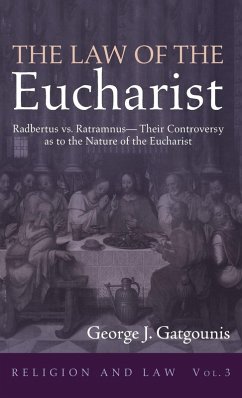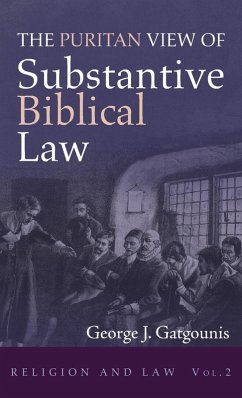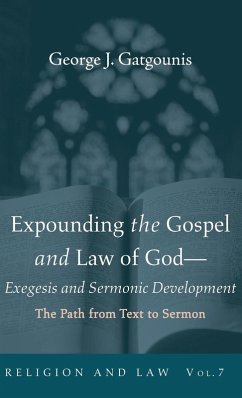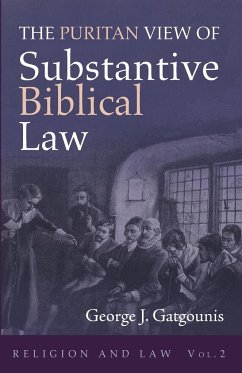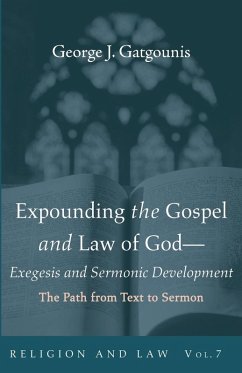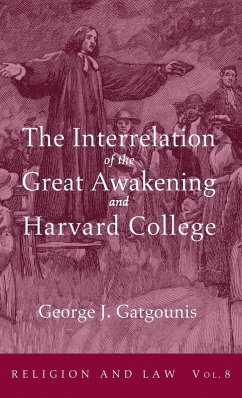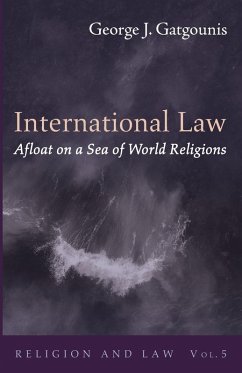Christians have been debating for centuries what Jesus meant at the Last Supper when he held out a piece of bread to his disciples and said, ""This is my body, which is given for you. Do this in remembrance of me."" Christians regularly celebrate the Eucharist, or Holy Communion, based on those words of Jesus, with some form of bread and wine. Most Christians believe that Christ is somehow present but disagree on what that actually means. The Law of the Eucharist: Radbertus vs. Ratramnus--Their Controversy as to the Nature of the Eucharist by the Rev. Dr. George Gatgounis, Esq., examines the issue from the writings of two ninth-century monks. Their arguments can be illuminating to modern exegetes who have to answer the same questions.
Hinweis: Dieser Artikel kann nur an eine deutsche Lieferadresse ausgeliefert werden.
Hinweis: Dieser Artikel kann nur an eine deutsche Lieferadresse ausgeliefert werden.

